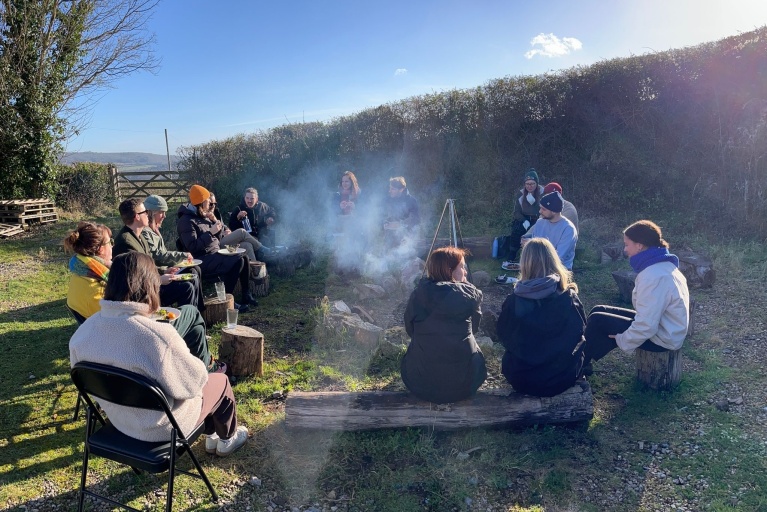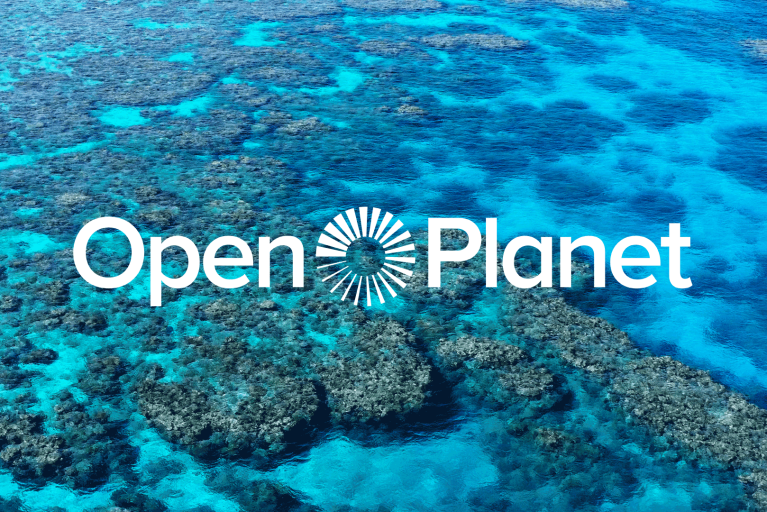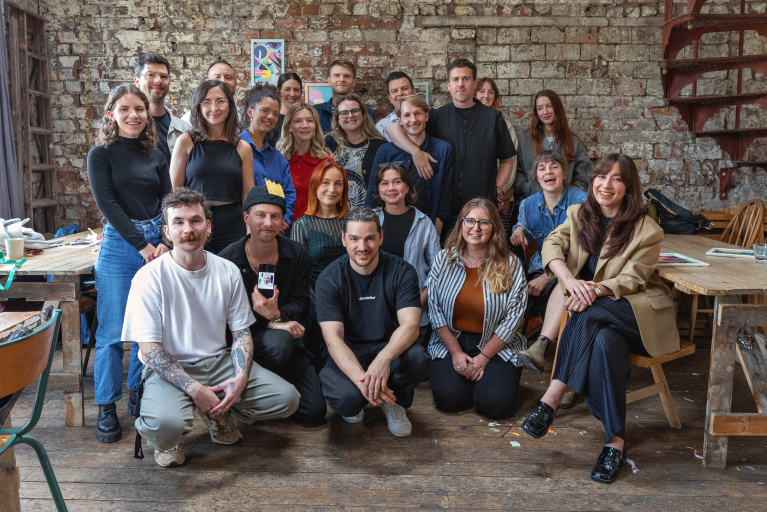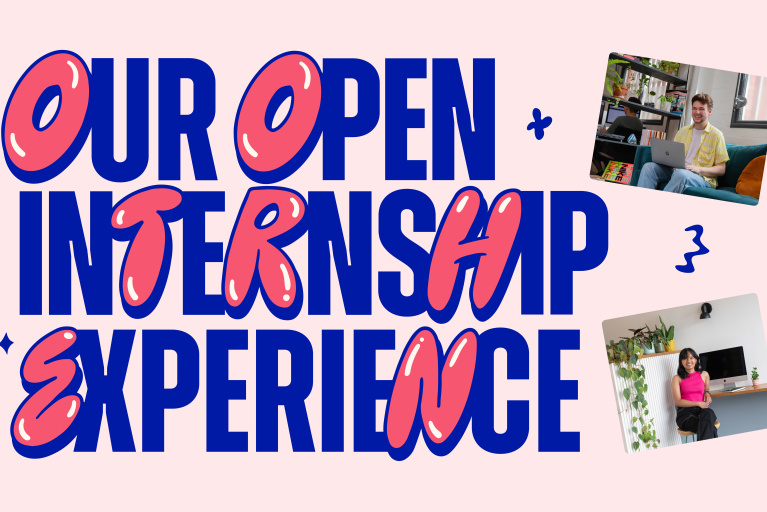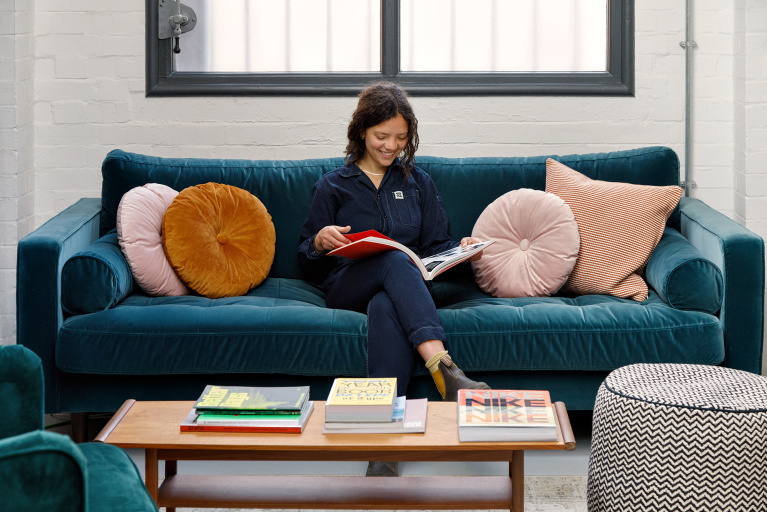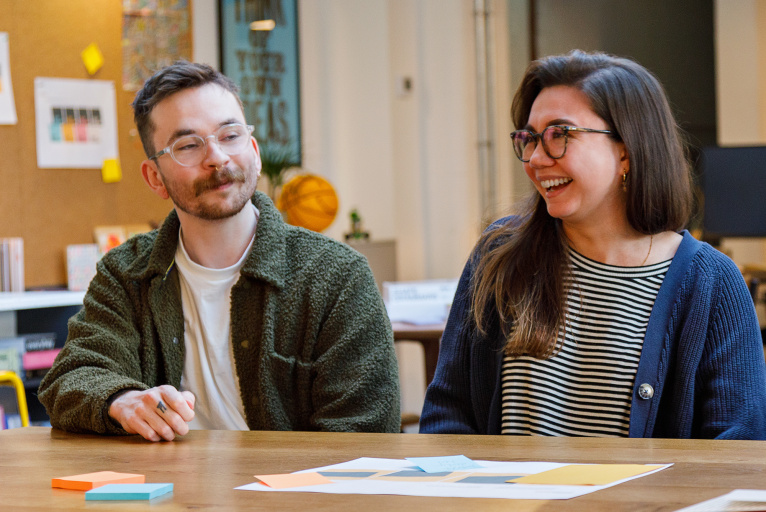Services like iPlayer are increasingly filling the television gap for students once they leave home, turning TV into a relatively insular experience. Now that catch up culture is well and truly settling in to television (we can even rewind!) what might be in-store for the future of the most popular spectator sport?
You may or may not know that in 2006 Google bought YouTube for a staggering 1.65bn dollars, a wise investment as they celebrate the frankly frightening statistic that 48 hours of content are uploaded to YouTube every minute. Co-founders Chad Hurley and Steve Chen still have big plans for developing their service this year with the launch of dedicated channels:
“This new video content will be available on any screen – in your your living room, or on your device in your pocket. YouTube and other sites will bring together all the diverse media which matters to you, from videos of family and friends to news, music, sports, cooking and much, much more.”
Knowing full well that his online “community has played a vital role in changing the way that people consume media, creating a new clip culture,” it seems that what used to be online is set to look even more like television.
What he calls “community” is at the heart of these developments. The recent feature-length YouTube documentary Life In A Day left me truly stunned. The crowd source project brings a global perspective to the human experience, simultaneously expounding differences while highlighting our essential commonalities. Similarly Zeebox believes the future of television is in bringing people together. By allowing users to explore a more social context to their viewing this tweeting TV will become more important to us as screens are increasingly available wherever we are.
Still, an old familiar grumble leaves me looking to television for why “people don’t talk to each other anymore.” No matter how impressive these services become, how much they might appear communal, I don’t think they will ever be a substitute for the real thing. Community has a lot to do with commitment. The hard work of putting up with someone who is different to you is what brings the reward of commonality, forcing us to see ourselves relating to the world in new ways. This is what television alone can’t offer us. Never-the-less I would love to be proved wrong and look forward to the changes that the NewTube might bring us in the form of content or a format that encourages engagement and connectivity. We are in exciting times for the future of video. Watch this box! Or don’t

